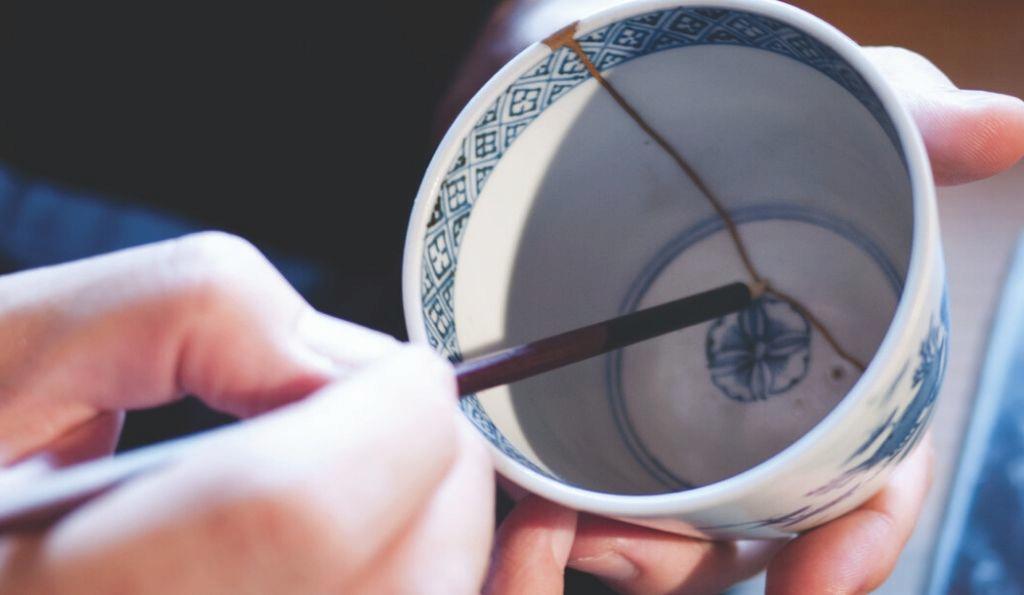Rev José Mario O Mandía
jmom.honlam.org
When we offend someone who loves us, we feel sorry and we try to compensate for the offense. That is what penance is.
The CCCC (300) says that interior penance or contrition “entails [1] sorrow for and abhorrence of sins committed, [2] a firm purpose not to sin again in the future and [3] trust in the help of God. It is nourished by hope in divine mercy.”
The “abhorrence of sins committed” is not a result of merely feeling oneself stupid for having committed the act; it is rather an acknowledgement that one has turned against Someone who deserves to be loved above everything.
GOD’S INITIATIVE
Conversion is not possible without God’s initiative. He is the one Who takes the first step after we fall. It is He who always loves us first (cf I John 4:19) and invites us to repentance. “For thus says the Lord GOD: Behold, I, I myself will search for my sheep, and will seek them out. As a shepherd seeks out his flock when some of his sheep have been scattered abroad, so will I seek out my sheep; and I will rescue them from all places where they have been scattered on a day of clouds and thick darkness…. I will seek the lost, and I will bring back the strayed, and I will bind up the crippled, and I will strengthen the weak, and the fat and the strong I will watch over; I will feed them in justice” (Ezekiel 34:11–12, 16; cf Matthew 18:12-14; Luke 15:1-7).
EXTERNAL MANIFESTATIONS
The CCCC (301) says: “Penance can be expressed in many and various ways but above all in fasting, prayer, and almsgiving. These and many other forms of penance can be practiced in the daily life of a Christian, particularly during the time of Lent and on the penitential day of Friday.”
Nonetheless, ordinary Christians cannot fast everyday because of the demands of their work and family life. Are there acts of penance that the ordinary faithful can do everyday? Saint Josemaría Escrivá gives some recommendations.
“Penance is fulfilling exactly the timetable you have fixed for yourself, even though your body resists or your mind tries to avoid it by dreaming up useless fantasies. Penance is getting up on time and also not leaving for later, without any real reason, that particular job that you find harder or most difficult to do.
“Penance is knowing how to reconcile your duties to God, to others and to yourself, by making demands on yourself so that you find enough time for each of your tasks. You are practicing penance when you lovingly keep to your schedule of prayer, despite feeling worn out, listless or cold.
“Penance means being very charitable at all times towards those around you, starting with the members of your own family. It is to be full of tenderness and kindness towards the suffering, the sick and the infirm. It is to give patient answers to people who are boring and annoying. It means interrupting our work or changing our plans, when circumstances make this necessary, above all when the just and rightful needs of others are involved.
“Penance consists in putting up good-humouredly with the thousand and one little pinpricks of each day; in not abandoning your job, although you have momentarily lost the enthusiasm with which you started it; in eating gladly whatever is served, without being fussy.
“For parents and, in general, for those whose work involves supervision or teaching, penance is to correct whenever it is necessary. This should be done bearing in mind the type of fault committed and the situation of the person who needs to be so helped, not letting oneself be swayed by subjective viewpoints, which are often cowardly and sentimental.
“A spirit of penance keeps us from becoming too attached to the vast imaginative blueprints we have made for our future projects, where we have already foreseen our master strokes and brilliant successes. What joy we give to God when we are happy to lay aside our third-rate painting efforts and let him put in the features and colours of his choice!” (Homily “In the Footsteps of Christ,” in Friends of God 138)
Lastly, we must not forget the most important sign of penance: the Sacrament of Reconciliation. More on this later.
(Photo: Kintsugi, the Japanese ancient art of repairing broken porcelain with gold or other precious materials. Source: culturewhisper.com)


 Follow
Follow


